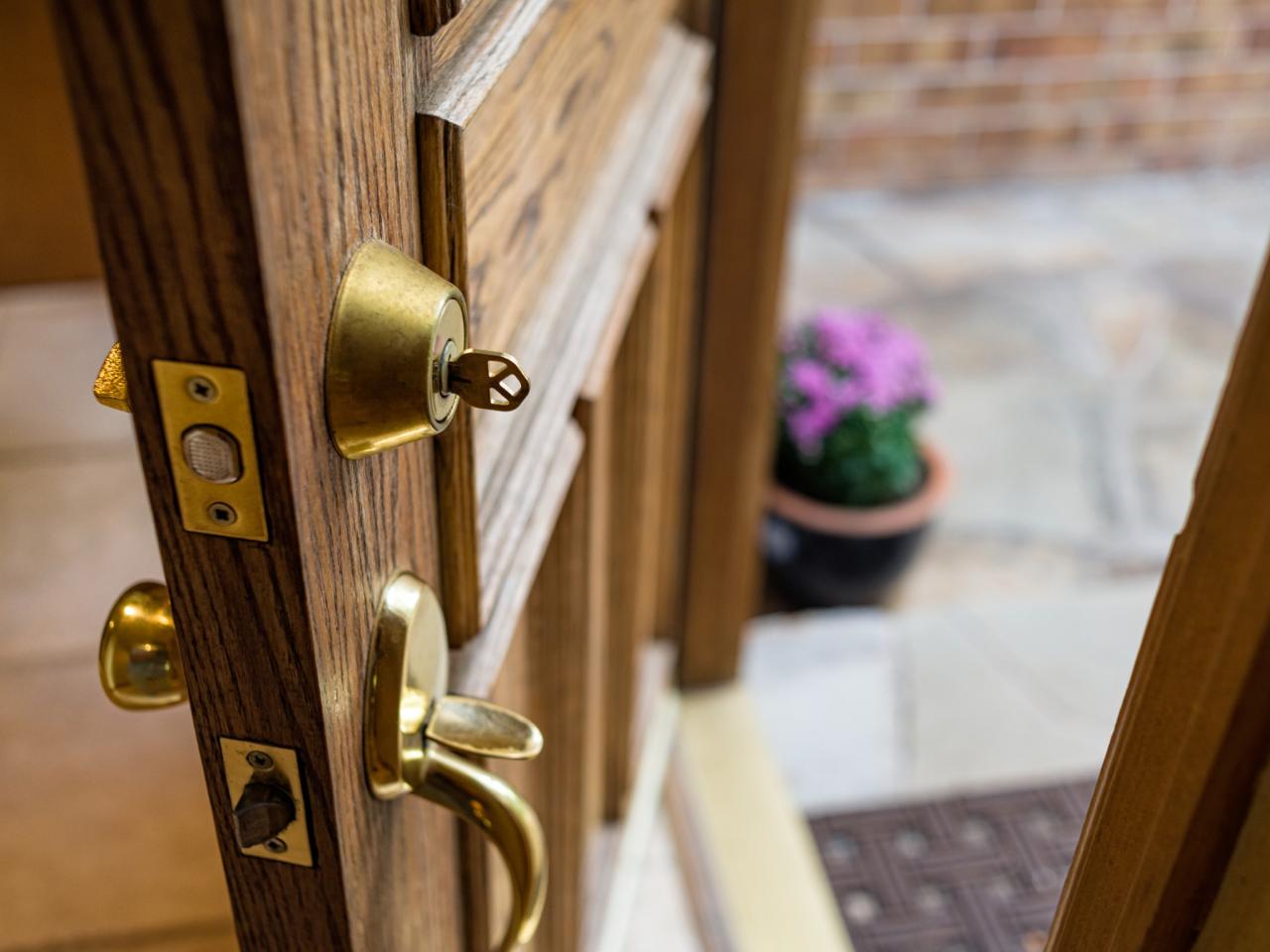Planning for your home security sounds easy enough until you start looking into the locks you'll get and install for the different doors in your home. Who knew there'd be so many types of it to choose from?
- What's a Mortice Lock?
The most common of all types, the mortice lock. They are usually attached on wooden doors with a key needed to operate. This type of lock often sits flush within the door and is constructed in a way where it allows for the mechanism to be easily taken apart to be serviced and maintained.
Mortice locks are also known as Deadlock or Sashlock, all of which having the same operating system, the only difference being that a Sashlock has a handle that operates a latch inside it.
- Deadlock Cases
Instead of a lever employing the bolt, the bolt is thrown by a cylinder instead, compared to a mortice lock. This type of lock can often be found on interior doors that need to be locked at all times.
- Nightlatches
Commonly referred to as ‘Yale Locks’ these locks are known as secondary locks and are often found accompanying a mortice lock. Nightlatches usually settle higher up on the door, around shoulder height, and locks automatically. There are different types of nightlatches, namely Standard Nightlatch, Deadlocking Nightlatch, Auto-deadlocking Nightlatch, and Double Locking Nightlatch.
- Rim Cylinder
The rim cylinder is a classic pin tumbler design that has a series of different length pins that secure the lock in place and when the correct key is inserted it can align all of the pins allowing them to turn, this is what lets the lock open.
- Multi-Point Locking System
This type of lock is commonly found on uPVC doors, the multi-point locking system have a minimum of 3 locking points which all lock simultaneously when the mechanism is engaged. You can get different versions of the multi-point locking system with either 3, 4 or 5 locking points, with the general idea that the more locking systems there are the safer the door.
There are more types of locks that weren't listed here. If you're unsure about the type you want or how to properly install the type you purchased, call your local locksmith and they'd be more than happy to help you out.
